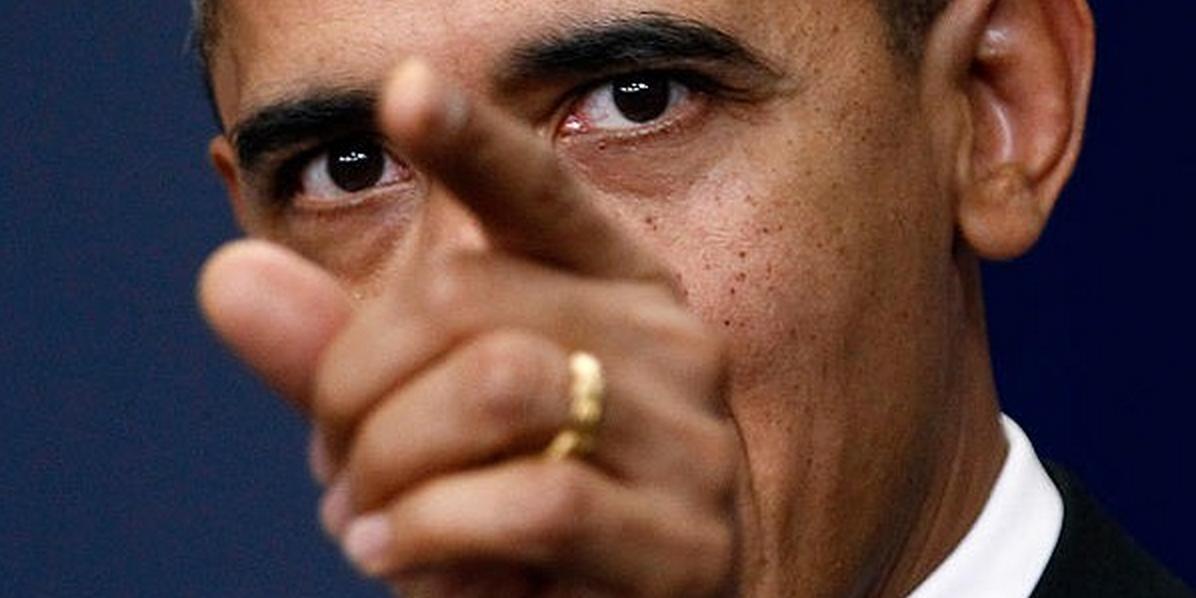For nearly four decades, an Iowa woman named Carole Hinders has made regular cash deposits at her local bank. She runs a small Mexican restaurant which doesn’t accept checks or credit cards, so this banking process made sense. Hinders saved up $33,000 to provide some financial security and help keep her business running—but now, her entire savings is gone, confiscated by the IRS.
Videos by Rare
What crime is she accused of? Well, none.
Hinders is up to date on her taxes, and no one suspects her of money laundering. The sole problem is the size of her cash deposits at the bank: The IRS says they’re too small, and that’s suspicious.
See, there’s a rule that any cash transaction involving more than $10,000 has to be reported to the IRS. Hinders’ deposits didn’t hit that limit, and, nonsensically, the government says that’s a problem.
The rule is theoretically designed to catch drug dealers, terrorists, and other criminals who might deal in large sums of cash. In practice, however, it’s more typically used on normal, non-criminal citizens who have very legitimate reasons for making frequent cash deposits. And increasingly the IRS is not coming down on people who hit the $10,000 limit—but on people who don’t.
People like one Long Island family who sold candy and cigarettes—small items usually purchased with cash. The government confiscated $447,000 from them, the savings of a lifetime which the family has so far been unable to get back.
They’re now hundreds of thousands of dollars in debt.
The IRS has targeted people like Army Sgt. Jeff Cortazzo, who saved for his daughter’s college education in cash, because he (very reasonably) didn’t have confidence in banks during the financial crisis. A bank teller told him to deposit the $66,000 he’d saved in smaller amounts to avoid hitting the $10,000 limit—advice which ended up costing him nearly a third of that amount thanks to government seizure.
His daughter had to delay college for a year.
Carole Hinders had to take out a second mortgage to keep her restaurant running. She’s unlikely to ever get all of her money back. She’ll probably never have the same financial security again.
She’s guilty until proven innocent.
Our government’s new principle of guilty until proven innocent goes beyond just the tactics of the IRS. 16-year-old Abdulrahman al-Awlaki was an American citizen who was killed by U.S. drone strike without charge or trial three years ago in Yemen. Abdulrahman was described as “a typical teenager—he watched ‘The Simpsons,’ listened to Snoop Dogg, read Harry Potter and had a Facebook page with many friends. He had a mop of curly hair, glasses [and] a wide, goofy smile.”
And then he was killed by a U.S. drone strike.
Abdulrahman wasn’t suspected of any crime, but apparently he was still considered guilty until proven innocent—or at least, guilty enough to be executed by hellfire raining from the sky.
Since this boy was assassinated, the convoluted statements we’ve received from the Obama Administration have reached a level of obfuscation worthy of the IRS.
Former White House Press Secretary Robert Gibbs suggested that Abdulrahman could have avoided being bombed to death if he’d gotten himself a better father (yes, really—as if children can choose their parents), but given that the kid was killed two weeks after his dad died in a separate strike, that doesn’t make much sense. Obama himself claimed to be “surprised and upset” on learning that the boy was killed, a curious statement since it has been reported that the president is intimately involved in U.S. drone policy including choosing targets.
It’s not just confusing government rules and rhetoric that make these two incidents similar. At first glance, a woman in Iowa losing $33,000 and a boy in Yemen losing his life may not seem to have much in common, but there’s a thread which ties these two stories together:
Both people were treated as if their most basic rights didn’t exist.
Both were victimized by a government that does what it wants, due process be damned.
Both were considered guilty until proven innocent.
Ultimately, stories like what happened to Carole Hinders and Abdulrahman al-Awlaki lead me inevitably—though unwillingly—to one conclusion: If the government can take your money and your life without proving you committed any crime, ‘innocent until proven guilty’ is officially dead in America.
And that’s a very scary thing.



